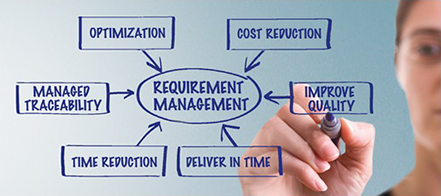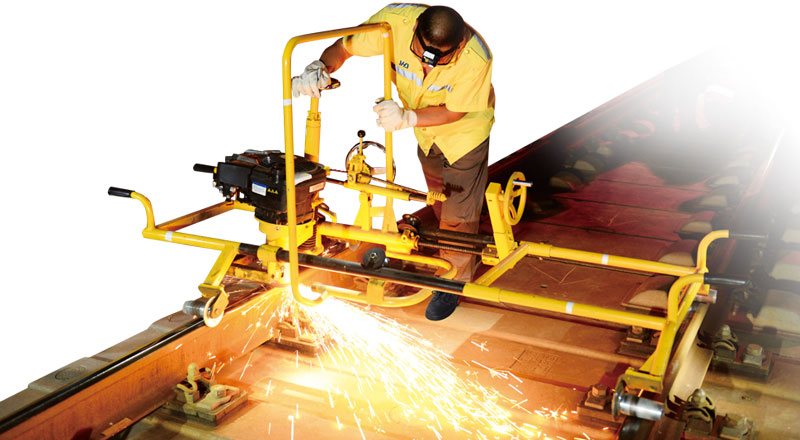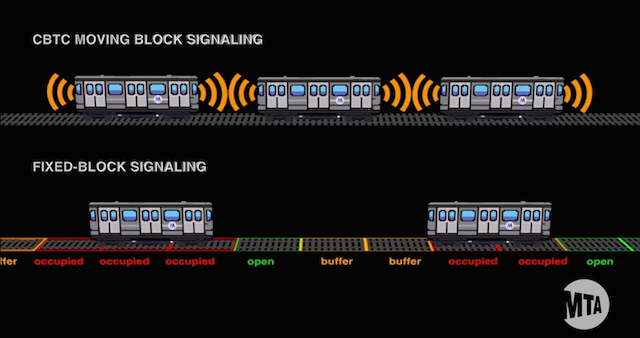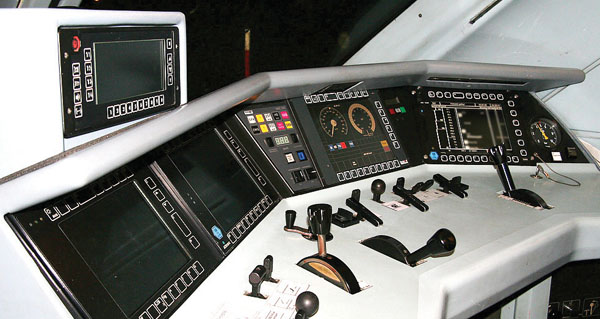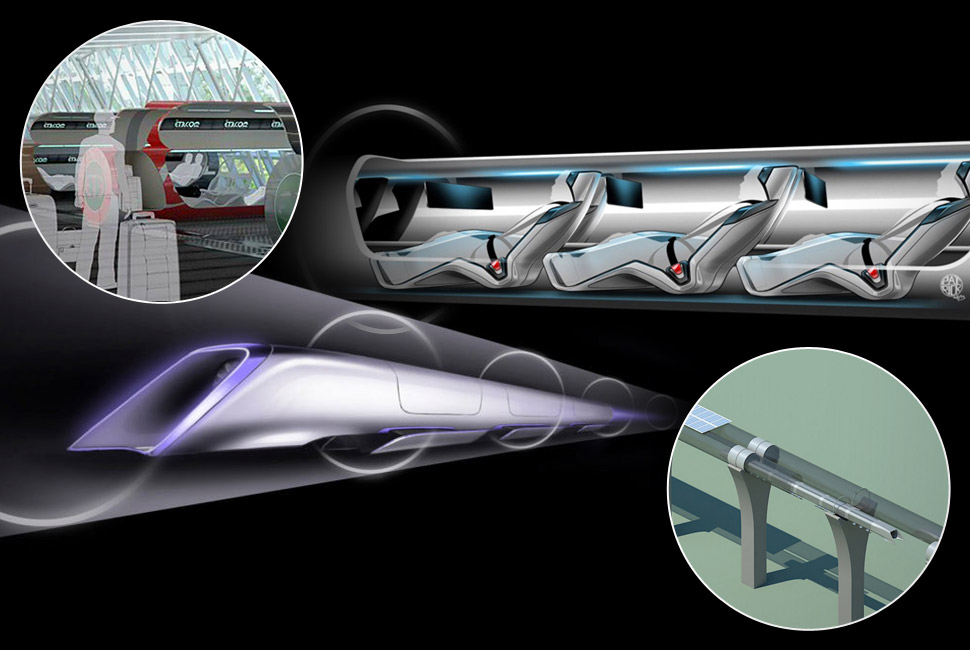Requirements Management is concerned with understanding Customer goals, identifying and specifying the needs of Users and Stakeholders and the transformation of these needs into functions and constraints enabling development of products and services.
A good Requirements Management strategy gives to a set of tangible benefits ensured by its functionality, such as:
- Easy requirements entry into a centralized database
- Ensured database access control
- Glance access to project progress for all stakeholders
- Bidirectional traceability implemented
- Enforced and monitored change and version control
- Support to Verification and Validation activities
- Progressive evaluation of the Project Status (Requirements Status Metrics)
The Requirements Management tool used for the development of Safety Critical Systems is IBM Rational DOORS (Dynamic Object-Oriented Requirements System).
With this approach, the requirements are held in one location, to which all relevant project stakeholders will have access. Moreover, it enables to track progressive changes during the process execution and product development, ensuring an assessment of the impact of any change to the overall design.
So, why do so many organizations struggle with requirements? Some of them rush through the requirement phase to get to design and implementation, while other invested in the panacea of requirements tool and processes. Yet many of these organization appear to be doomed to the schedule slips and budget overruns caused by the iterative rework cycles and poor and incomplete requirements set.
Here a link to the paper “10 Steps to Better Requirements”, by Larry A. Fellows, director of Process Management and Assessment Services at Compliance Automation Inc.
Did you like this post? Would you like to be informed about the last railway signalling technical and commercial news? Join us on LinkedIn and stay updated!
railwaysignalling.eu | walk the rail talk


